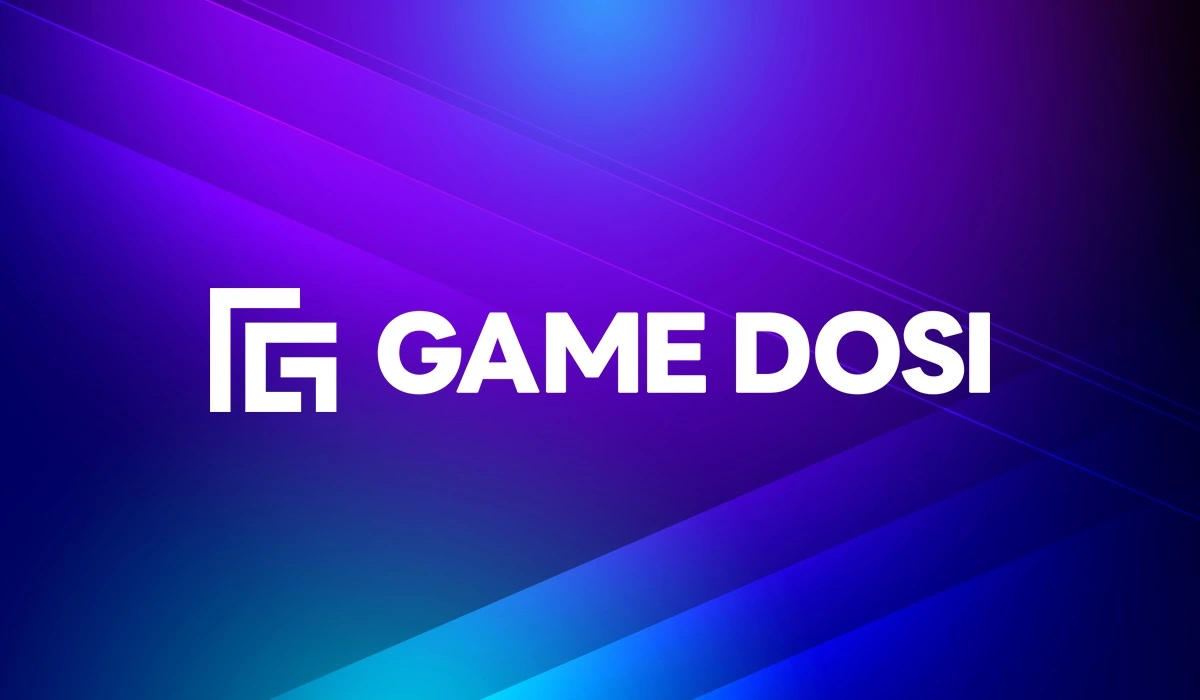Online messaging service Line announced it’s getting into web3 through its US subsidiary Line Next and the new platform Game Dosi. Per Game Dosi’s Medium post, it’ll be positioned as a market for games using web3 and blockchain technology.
The goal of Game Dosi, according to its business leader Kiwoong Han, is to introduce Line users to new games and “expand the scope of gaming as a whole.”
Game Dosi is attempting to draw game developers into the platform with development kits said to be easy to use, allowing for web3 games to be released on a more frequent basis. “Developers can significantly reduce the amount of resources required for development by using the sources provided by us,” it wrote.
More game developers and tech companies in Asia, such as NCSoft, Sony, and Konami, are putting their eggs in the NFT basket. As a chat service, and one that’s extremely popular in Japan, Line has an advantage that the two aforementioned game publishers do not, and that’s extensive reach.
Line Next was launched in late 2021 as a way for Line to get into the NFT business. Unlike Twitter, whose NFTs are isolated to its own platform, Line Next was made with the express purpose of being a part of the larger NFT market.
Blockchain and other crypto-related technology is often the subject of intense legal scrutiny, particularly in regards to a country’s particular regulations. Complying with those regulations regarding web3 and cryptocurrency is part of Game Dosi’s overall business strategy.
In fact, one of the platform’s selling points is a purported capability to “preemptively respond to blockchain regulations” for each country.
Game Dosi also plans to have frequent regulation checks and risk guides for games released on its platform to avoid any interferences with its business.
Careful as Line is attempting to be from a legal perspective, its biggest hurdle Game Dosi may face is trying to win over those who aren’t already bought into the NFT market. Both players and developers alike have shown an outright hostility to the technology’s existence in games.
Read More: news.google.com









 Bitcoin
Bitcoin  Ethereum
Ethereum  Tether
Tether  XRP
XRP  USDC
USDC  Solana
Solana  TRON
TRON  Dogecoin
Dogecoin  Cardano
Cardano  Lido Staked Ether
Lido Staked Ether  Wrapped Bitcoin
Wrapped Bitcoin  LEO Token
LEO Token  USDS
USDS  Toncoin
Toncoin  Chainlink
Chainlink  Avalanche
Avalanche  Stellar
Stellar  Shiba Inu
Shiba Inu  Hedera
Hedera  Sui
Sui  Wrapped stETH
Wrapped stETH  MANTRA
MANTRA  Bitcoin Cash
Bitcoin Cash  Litecoin
Litecoin  Binance Bridged USDT (BNB Smart Chain)
Binance Bridged USDT (BNB Smart Chain)  Polkadot
Polkadot  Ethena USDe
Ethena USDe  Bitget Token
Bitget Token  Hyperliquid
Hyperliquid  WhiteBIT Coin
WhiteBIT Coin  WETH
WETH  Pi Network
Pi Network  Monero
Monero  Wrapped eETH
Wrapped eETH  Dai
Dai  OKB
OKB  sUSDS
sUSDS  Uniswap
Uniswap  Pepe
Pepe  Coinbase Wrapped BTC
Coinbase Wrapped BTC  Aptos
Aptos  Gate
Gate  Ondo
Ondo  Tokenize Xchange
Tokenize Xchange  NEAR Protocol
NEAR Protocol  Mantle
Mantle  Internet Computer
Internet Computer  Cronos
Cronos  Ethena Staked USDe
Ethena Staked USDe